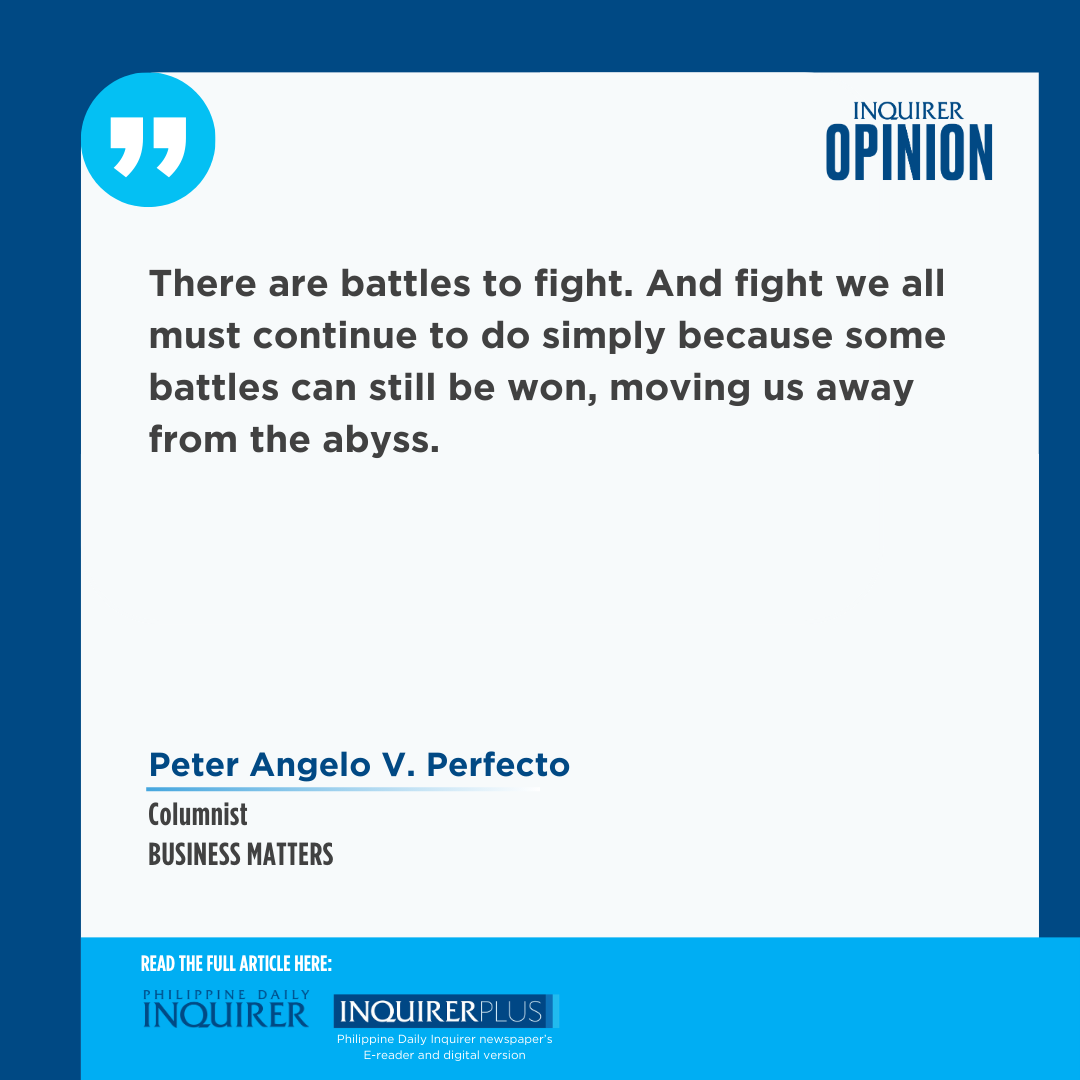Choose to fight
During the campaign of Donald Trump that first catapulted him into the White House, I recall a conversation I had with a foreign social anthropologist on the sidelines of a forum about the United States elections then. The speaker of that forum did not believe that Trump would win. My social anthropologist seatmate at the forum whispered to me, “She is wrong. Trump will win.” I asked her why she believed this and she simply explained that the period we are in is the cycle of populists and dictators. She also added that I should not worry too much though as the political pendulum will eventually swing back. I asked when this would happen and what will make it happen. She told me that a global upheaval would bring this about just like World War II did. That was in 2016, and eight years later, Trump is back in the White House, adding another populist government in a still growing list.
Extreme climate events have been increasing in number in different parts of the globe, wars rage in different regions with the Russia-Ukraine and the Israel-Palestine wars being seen as likely sparks of a global conflagration, and inequality gaps have continued to worsen with more and more people and children hungry, being homeless, and with inadequate access to quality education and clean water. Methinks that the pendulum will have enough reason to swing back soon, but will we even survive the coming upheaval? Will there be enough to rebuild on? Will it not be too late to do anything about the climate crisis? Will many countries be stuck with demographic time bombs of malnourished and stunted huge numbers of people and even entire communities whose productivity for family and society is totally compromised?
Article continues after this advertisementThe story in the Philippines seems to be perfectly aligned with this age of the populists and the many ways by which we are all choosing the path toward the precipice. So, folks, we are not in an “only in the Philippines” scenario. Much of the bad and fake news we contend with every day and the sad plight of ever growing numbers of people, communities, and children exist in all regions of the world today. The corruption? It is insidious in most governments and only varies in levels of greed. You would think there was an ongoing global competition on who could wipe out their national coffers fastest.
Is humanity shackled to this cycle of destruction and rebuilding? Is the pendulum a given and does the swing to one side always need to be a swing to the edge of an abyss?
I have had the privilege of continuing to work with business, political, and socio-civic leaders who remain believers in a better Philippines and ultimately, a better world. Many of them are now among our elderly, as sharp as ever and as committed as ever but they know only too well that the clock ticks and they will probably not see the dawn when a nation for our children arises once again, offering food, freedom, jobs, and justice for all as the late statesman Ka Jose Diokno dreamed of. I have been in this mission since my high school days in Tulong Dunong, and at 58 years old, I know that the war may not be won before I take my leave.
Article continues after this advertisementBut there are battles to fight. And fights we all must continue to do simply because some battles can still be won, moving us away from the abyss. This is why in the business sector, there now are aggressive advocacies for business as a force for good, for shared prosperity, and inclusive capitalism. While there are those who may scoff at these efforts, believe me when I say that since moving to the private sector in 1997, these initiatives have come a long way from philanthropic giving and corporate sponsorships, advancing toward genuine programs in partnership with other key sectors. As Philippine Investment Management (Phinma) chair and Makati Business Club (MBC) trustee Ramon R. del Rosario noted at the recent UNIAPAC World Congress in Manila, addressing Christian business leaders from many parts of the globe:
“In the Philippines, we have a beautiful tradition called bayanihan. It refers to the spirit of communal unity, work, and cooperation to achieve a shared goal … I believe that this spirit of bayanihan, of collective action for the common good, is more relevant today than ever before. In the face of the enormous challenges we face, we need a modern-day bayanihan, a coming together of businesses, government, civil society, and communities to lift up those who have been left behind.”
How do we show our social anthropologist friend alternative ways to swing the pendulum back? More on that in my next columns and through the battles we intend to fight together with the Makati Business Club and the Management Association of the Philippines, with academe and its institutions like the Phinma-DLSU Center for Business & Society; with groups like PBSP, PBEd, Caritas, Tanging Yaman and Oxfam; with the young movers of Siklab and TAYO awards programs; and with our partner communities and their leaders.
Why not join the fight?
—————-
Peter Angelo V. Perfecto is former executive director of MBC, works with the Phinma group and chairs Oxfam Pilipinas.
—————-
Business Matters is a project of Makati Business Club (makatibusinessclub@mbc.com.ph

















